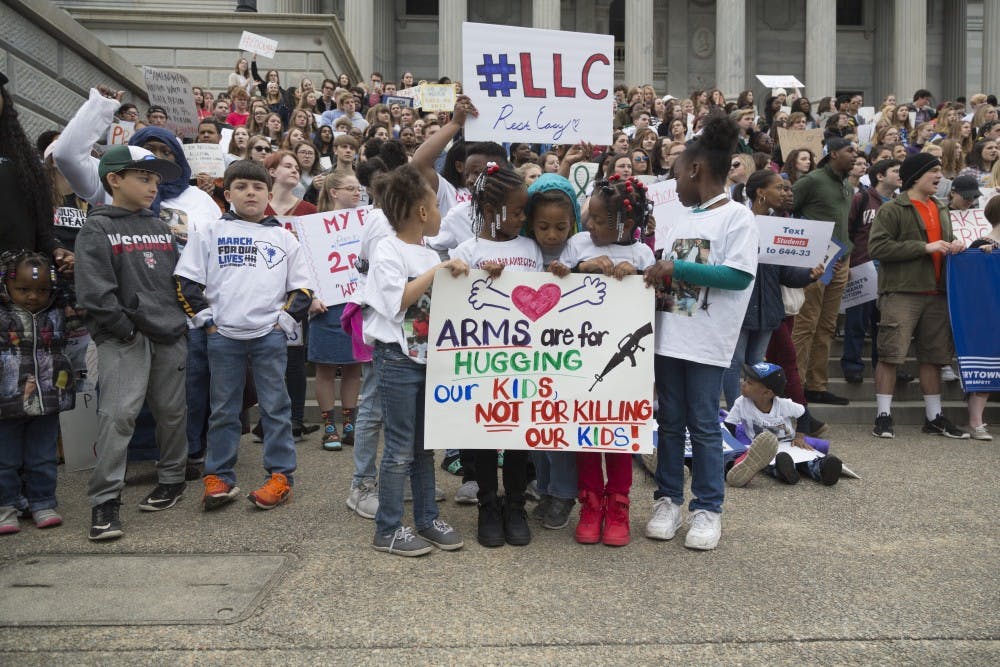Last weekend’s March for Our Lives was an amazing testament to how tragedy can bring people together for a greater cause and the will of students and young people to affect our political system. There is no question that the students of Marjory Stoneman Douglas High School, who recently experienced 14 of their classmates and three of their faculty members getting brutally murdered during school, are strong and intelligent change-makers. Through speeches and continued activism to shed light on the issue of gun control, students got the whole country talking and made it harder for politicians to stay silent.
However, there was one issue that left people discouraged after the march that expanded to over 800 cities. Parkland is an affluent city in Florida and was named the state’s safest city last year. Most of the students we have seen on the news and speaking out on social media from Stoneman Douglas have been white. The question is raised yet again about the disparity of justice and newsworthiness for those suffering tragedies in majority-white and rich neighborhoods versus poorer minority communities. The issue remains that black people have been protesting for so long and still feel silenced by inaction.
If you remember the protests that arose in Ferguson, Baltimore and most recently Sacramento, among other cities all over the U.S. where black people have faced police gun violence, the attention that March for Our Lives is getting compared to the Black Lives Matter movements is disconcerting. Many see that the protesters for Black Lives Matter have been labelled as “thugs” and have been belittled for their form of protest in the wake of police brutality in the past. Though the student activists of Parkland have gotten their fair share of hate as well, the majority reaction has been positive.
It is no secret that most white Americans have been slow to support the Black Lives Matter movement because they see it as radicalism, yet the reaction was very different for the Parkland students organizing in many of the same ways. The solution to the disconnect in issues comes in in the form of intersectionality, or activism for multiple related causes that can affect change. Many activists at the March for Our Lives were interested in spreading the message of placing importance not only on gun control as a reaction to disturbed school shooters, but also for police.
The problem of police brutality against African Americans has been a problem for decades in the U.S., yet we are still seeing injustices every year. Recently, the police in the case of Alton Sterling were let off by Louisiana Attorney General Jeff Landry as a justified shooting. However, there is video of the incident that shows Sterling pinned to the ground by two officers and shot six times. Witnesses still confirm that they saw Sterling as no threat to the officers and the gun on Sterling was never visible.
Just last week, a father of two young boys, Stephon Clark, was killed by police who thought he was armed in the backyard of his grandmother’s home in Sacramento. Clark was not armed, yet police shot 20 rounds at him.
None of these tragedies are more important than others, but the solutions are related and should be treated as such. Justice for all who have been victim to gun violence, whether by police or others, can be found in the same way: gun control. Gun control is needed in the form of additional police training, police cams and arrests for murders committed with guns. Gun control also comes in the form of heavily monitored and sanctioned gun rights for citizens, including a ban on assault weapons and intensive background checks.

